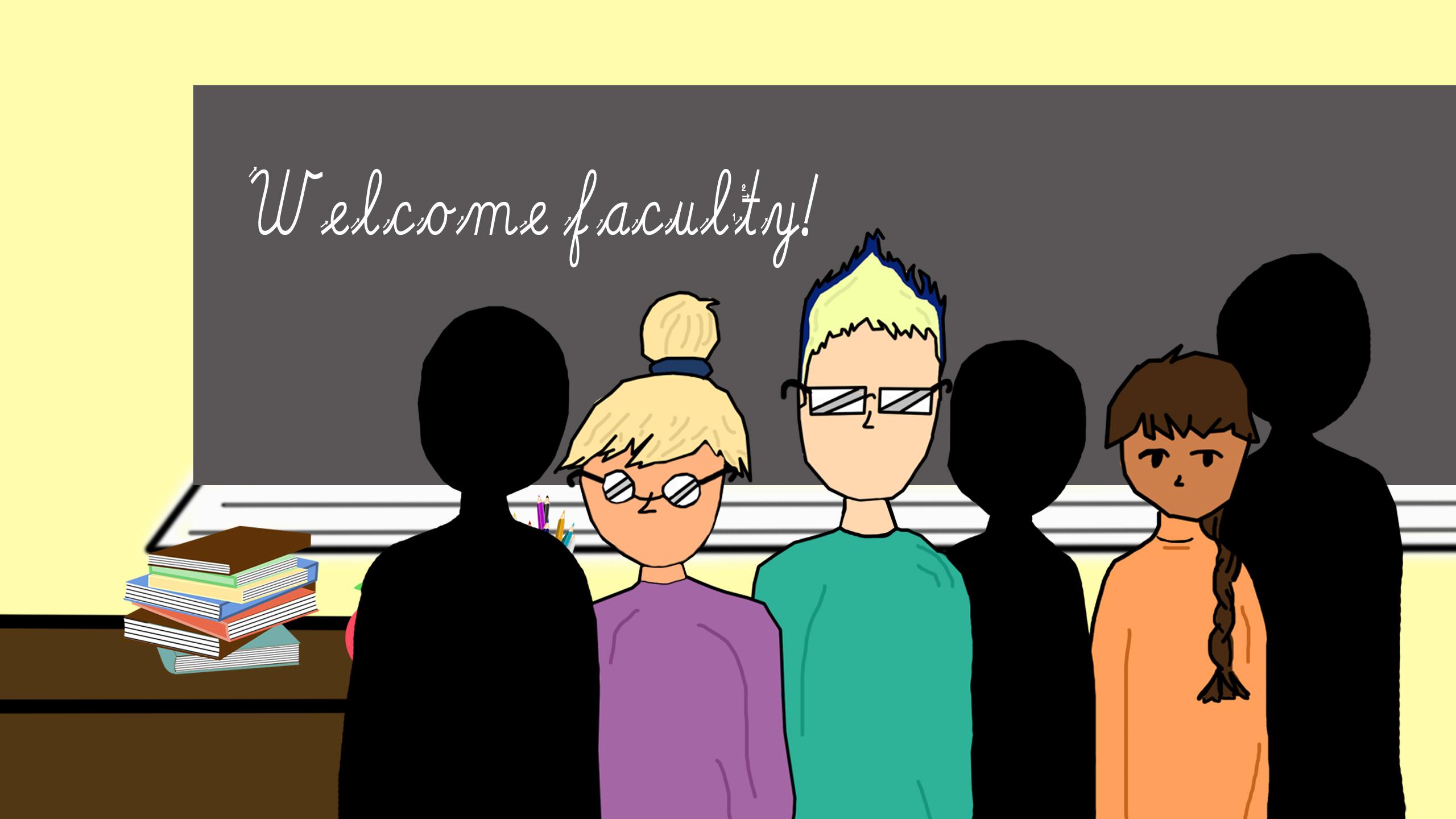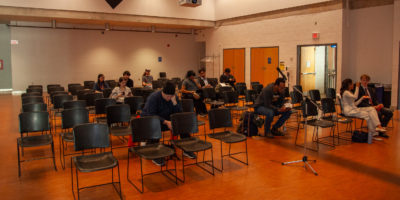By Sherina Harris
Riley Kucheran, an Ojibway graduate student at Ryerson, said he had his first course taught by an Indigenous professor this semester—after five years of his undergraduate degree and two years of his master’s degree.
While Ryerson has 90 Indigenous staff members, only five are tenure-track faculty with permanent job contracts.
Kucheran said having an Indigenous professor earlier in university would have helped him see his educational path of staying in school and completing a PhD as more viable.
The Truth and Reconciliation Commission (TRC) released 94 calls to action in 2015. Ryerson is expected to release a follow-up report to the TRC in a few weeks, according to Ryerson president Mohamed Lachemi.
Hayden King is the director of Ryerson’s Centre for Indigenous Governance and advises the Faculty of Arts on Indigenous education.
“The University is responding to the TRC calls to action, which of course encouraged broader Indigenous content and faculty in universities,” said King, who is Potawatomi and Ojibwe from Beausoleil First Nation.
In comparison, the University of Toronto Steering Committee outlined their goal of “hiring a significant number of Indigenous faculty members over the next three years” in their 2015 report responding to the TRC.
For Indigenous students, Kucheren said certain content like material on residential schools, can be difficult because the topics directly impact their families.
“But when you’re with an Indigenous prof…they take so much care to present the material in such a way that it’s not triggering, and that we can critically talk about these things.”
However, because there is no centralized approach to hiring Indigenous faculty at Ryerson, the decision to hire is left up to individual faculties and departments.
Two departments in the Faculty of Arts (English and sociology) currently have open-rank positions specifically for Indigenous hires, according to King. Open rank positions mean either junior or senior academics can apply.
“The hope is that more departments will consider going down this path,” King said.
Lauren Clegg, Ryerson’s media relations officer, responded on behalf of the Faculty of Community Services and the Ted Rogers School of Management with written remarks from Tracey King, Ryerson’s Aboriginal human resources consultant. Tracey confirmed that Ryerson has “no target number” for hiring Indigenous faculty.
However, despite the lack of specific mandate, departmental hiring committees are required to follow Equity, Diversity and Inclusion (EDI) guidelines. The Office of EDI consults and assists departments and faculties to include values of equity, diversity and inclusion into their everyday practices.
Among other things, these guidelines focus on making members of the hiring committees aware of unconscious biases they might possess towards applicants.
None of the six job postings in Ryerson’s Faculty of Engineering and Architectural Science (FEAS) currently are targeted specifically towards Indigenous hires, according to Lindsay Kissane, FEAS’ director of strategy and communications.
She added that she is not aware of any faculty members in the FEAS who identify as Indigenous.
The Faculty of Communication and Design tries to “ensure that equity and diversity are kept top of mind” when hiring, according to Marie Crosta, the faculty’s director of communications and special projects. The Faculty of Science did not respond in time before publication. Hayden King said while overall diversity initiatives are important in hiring, those approaches “overlook Indigenous faculty members.”
If there is no “conscious effort” to recruit Indigenous faculty members, then no progress will be made in increasing Indigenous faculty representation, King said.
Kyle Edwards, who is Anishinaabe and a recent graduate of Ryerson’s journalism program, said he has experienced debates on Indigenous issues in the classroom where a non-Indigenous professor wasn’t able to control the students.
“Somebody once stood up and claimed that the ‘starlight tours’ in Saskatchewan—in which police officers left homeless Indigenous men to freeze outside—never happened,” he recalled, noting that the tours’ were widely documented.
He said his professor couldn’t counter the student’s claim, which was “a shame” and highlights the need for more Indigenous faculty.
King said he expects that Ryerson’s upcoming report responding to the TRC will address the hiring of Indigenous faculty.










Leave a Reply